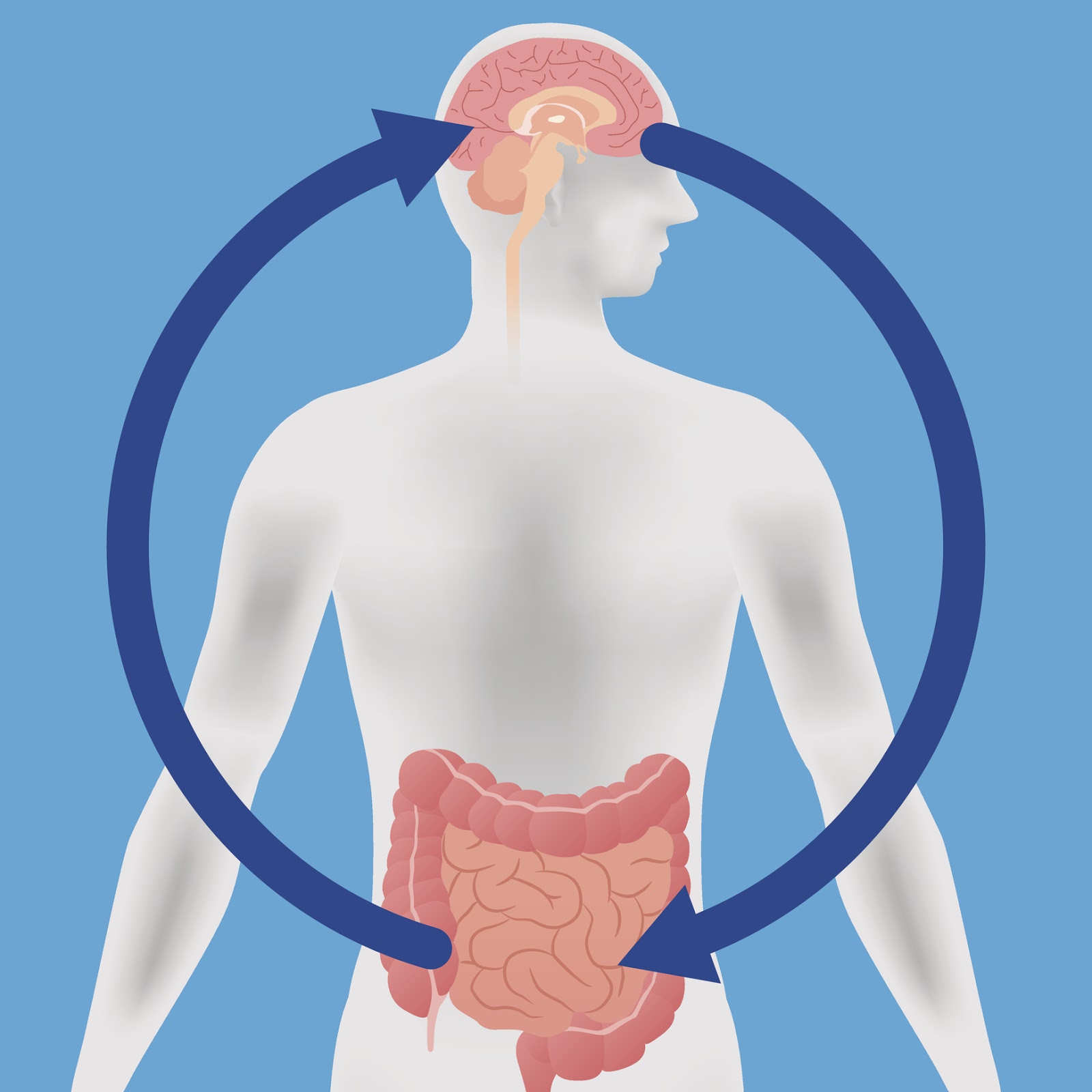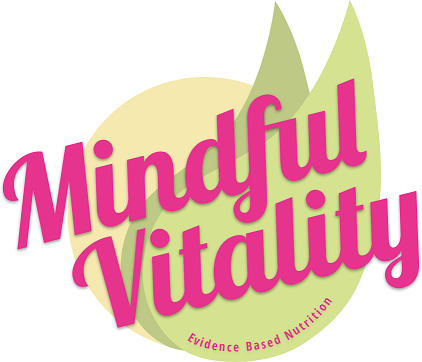Depression is more common among teens than any other age group. Why is that? Well, there are many social factors that contribute; teens are trying to figure out who they are – their sense of self-esteem is fragile and built on the acceptance of their peers. Then there’s the influence of the media; advertisements bombard teens telling them to eat junk food, and then further bombard them with images of the perfect body! Not to mention our diet culture yelling at them to be thin, convincing them that they aren’t beautiful unless they fit this unattainable body image. Talk about mixed messages!

Because of these inconsistent messages, it’s so important for teens to have a support system during these formative years. Parents can set a good example for their teens by:
1. Rejecting diet culture: disordered eating is common among adolescents; they make unhealthy choices in an attempt to have what the media deems the “perfect” body
2. Eating healthy family dinners together
3. Teaching your teen how to cook and pack a healthy lunch
4. Teaching your teen basic nutrition and how it affects their mood
Unfortunately, the nutrition education we receive in school is severely lacking. It’s based around Canada’s Food Guide which gives little indication of why, or how food affects our body and our mood. I wish for a future where Canadians are taught about the impact of food on physical and mental health so that they can make healthier choices from a young age to reduce their chance of physical and mental illness. So then, let’s get started.
The Basics
How is nutrition related to depression?
Hormones
Hormones change rapidly during the teen years and these changes have a huge impact on teen mental health. Here are a few fun and useful facts about hormones:
1. Did you know that hormones are made from fat? It is true, and your body prefers to make hormones from omega 3 fats, so it’s important that your teen gets enough omega 3 in their diet (ie fish, flax seeds, and a high quality supplement).
2. Hormones are metabolized by the liver and the gut: anything that affects liver function (including drugs, alcohol and fatty liver) or gut health affects hormone balance.
3. When your body is stressed it produces stress hormones (cortisol) which further impact any existing hormonal imbalance. Cortisol also directly affects mood and can trigger unhealthy coping mechanisms such as stress eating.
Blood Sugar
Many teens aren’t eating balanced meals, or are skipping meals altogether, causing huge blood sugar swings. When blood sugar swings, so do moods. We have all heard of being “hangry” – it’s what happens when our blood sugar crashes and we need food right away. This can be caused by two things: not eating for a long period of time or eating the wrong things (ie too much carbs with no protein). Here are some quick facts about blood sugar spikes and crashes:
1. Carbs (ie white bread, white pasts, cookies) absorb into the bloodstream very quickly causing a huge spike in blood sugar, followed by a crash.
2. This crash is what makes us “hangry” and can seriously impact mood – especially if your teen is already struggling with mood issues.
3. If carbs are eaten with protein (ie chicken, fish, eggs, tofu, beans) and fibre (ie oats, bran cereal, beans), this slows the absorption rate which steadies the blood sugar resulting in balanced energy and mood.
Your teen should aim for several meals per day, as well as snacks, with each meal and snack containing protein, and complex carbohydrates (whole foods high in fibre like quinoa, brown rice, and whole wheat pasta).
Nutrient Deficiencies
While it’s possible to be deficient in many nutrients, the most common deficiencies that affect mood are B12 and iron. If your teen is gluten-free or vegan they are at high risk for both of these deficiencies. Here are some facts about these two important nutrients:
1. Iron is required for carrying oxygen to the brain and for proper neurotransmitter function (including serotonin, the happy hormone).
2. Menstruating teenage girls are also at high risk of having low iron due to loss of blood with each menstrual period (especially if they have heavy periods).
3. B12 is an important building block for brain chemicals including serotonin and dopamine, and can be taken without any side effects as it is water soluble.
Some foods that can support healthy levels of Iron and B12 are grain products, red meat, beans, and supplements. If you’re concerned about your teen’s iron level get it checked through your healthcare provider. Only if their iron comes back low should they take an iron supplement; iron at high doses builds up in the body and can become toxic. I always recommend seeing a health care practitioner before starting any new supplement.
Gut health and Inflammation
If your teen has a bacterial imbalance and inflammation in their gut it can cause brain inflammation contributing to mental health issues. There is a large volume of research that has proven that a direct connection between mental health and gut health exists. Let’s explore how the bacterial balance in the gut affects the brain.
There are 2 major ways that your teens’ microbiome (the community of bacteria, yeasts and viruses in your gut) affects their mental health:
1. Healthy bacteria (probiotics) produce neurotransmiters such as serotonin and dopamine and transport them to the brain which helps balance our mood.
2. Anything that causes inflammation in the gut (drugs, food allergens, bad bacteria) can cause inflammation in the brain, which can negatively affect mental health.

Relation of human brain and guts, second brain, image diagram
As a nutritionist, if someone presents with mental health, as well as gut issues, and nothing else seems to help, I would aim to improve their gut health by:
1. Killing off the bacterial overgrowth and removing food allergens
2. Repairing the gut lining
3. Repopulating the healthy bacteria with fermented foods and probiotics. One strain of probiotics in particular – lactobacillus helveitcus – has been proven to reduce symptoms of anxiety and depression.
4. If they are not on medications I would create a custom supplement protocol to help balance mood
If your teen is struggling with their mental health and has symptoms of gut health issues, see a practitioner for an official diagnosis.
10 Take-Away Tips to Support your Teen’s Mental Health
1. Teach you teen that sugar and unhealthy foods directly impact their body and emotions
2. Stock the fridge with gut friendly foods: fermented foods such as yogurt (regular or vegan), refrigerated pickles or sourkrout, and kimchi. Also include high fibre foods, such as oats, beans, and vegetables.
3. Show your teen how to pack a healthy lunch and snacks that include protein and fibre to help balance their blood sugar
4. Be supportive and give your teen emotional intelligence tools in order to avoid emotional eating
5. Set a good example: eat healthy family meals together when you can and reject diet culture
6. Explain the effect that alcohol has on mood: it’s a depressant, which magnifies depression and throws brain chemicals off balance
7. Make healthy changes as a family: it’s so much easier for your teen to make healthy changes when they have the support and encouragement of their family
8. Mindful eating: notice what happens to your body when you overindulge – how do you feel? Avoid distractions while eating, like watching television, as this can make it hard to know when you are full.
9. Reduce stress: help encourage your teen to exercise, meditate, or explore other options that help to reduce their stress.
10. Manage family stress effectively: talk through problems together. This can help teach your teen valuable communication and emotional intelligence tools to help build healthy coping strategies for stress.

To learn more about the food-mood connection, head to www.mindfulvitality.ca
Written by: Holly Bradich, Registered Nutritionist, BSc.
No responses yet